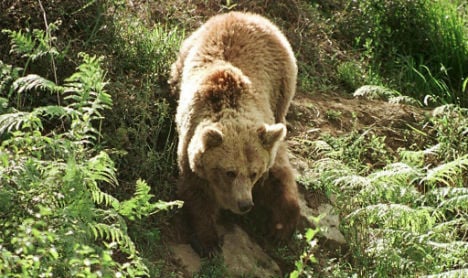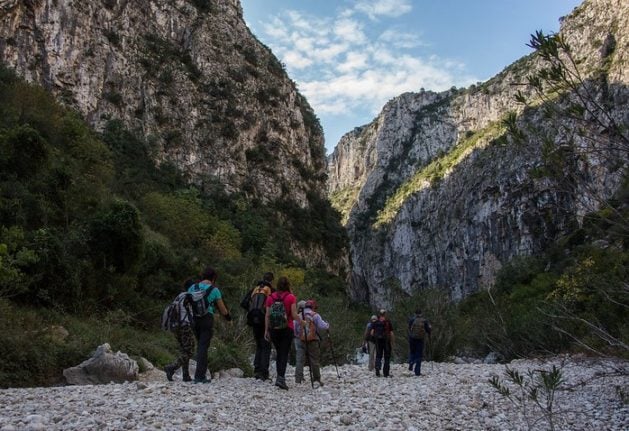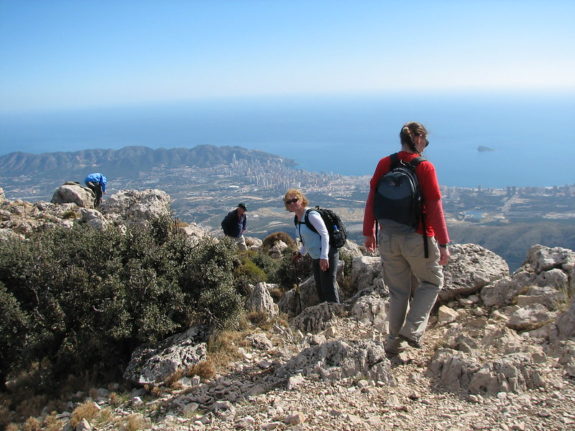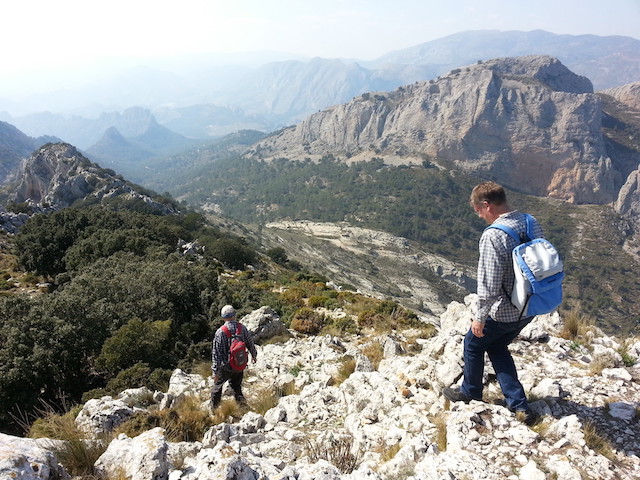Tourists came across the corpse of the male bear – weighing about 105 kilos (230 pounds) – on Friday near the entrance to the Muniellos Nature Reserve in the northern region of Asturias, a local police spokesman said.
There are some 280 brown bears in Spain, mainly in forest-rich Asturias and the Pyrenees mountains on the French border, according to conservation group Fundacion Oso Pardo (“Brown Bear Foundation”).
The group's president, Guillermo Palomero, said the shooting of the bear was “very serious” and “very worrying” since it happened in the “heart of a protected area”.
“There is no reason that justifies shooting and killing a bear,” he told AFP.
Necropsia apunta que #osomuerto de Moal por disparo. FOP se personará como acusación particular. Confiamos @SEPRONA pic.twitter.com/vvhH2eKxb4
— Fundación Oso Pardo (@fundacionoso) September 10, 2016
Reintroduced in parts of western Europe – in the east they never died out – brown bears have created antagonism among locals in recent years with attacks on livestock.
Male bears weigh as much as 350 kilos (770 pounds) and females 200 kilos, and they can easily outrun a human. Rearing up, they stand up seven feet (two metres) tall.
They are omnivores, eating berries and nuts as well as small and large animals – including sheep and calves.
The World Wildlife Fund says the bears play an important role in keeping other animal populations in check and also in “seed dispersal” from their droppings





 Please whitelist us to continue reading.
Please whitelist us to continue reading.
Member comments